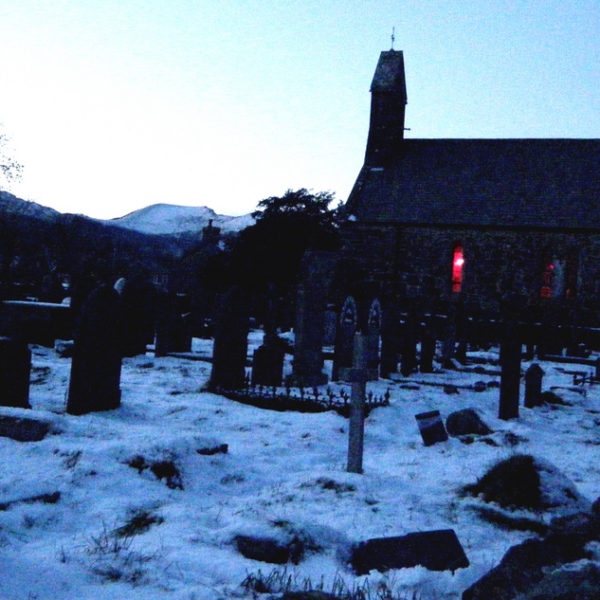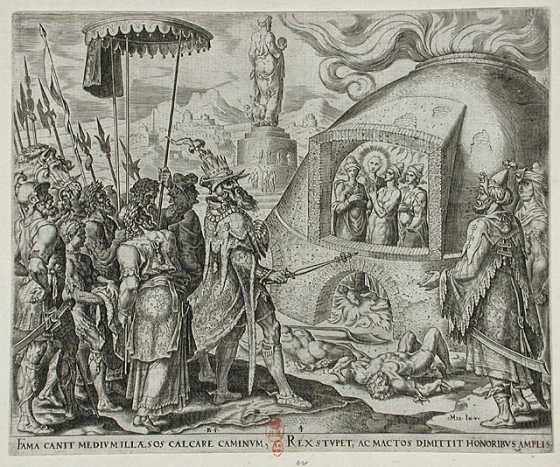
The story of the deliverance of Daniel’s three friends from persecution for their faith takes an unpleasant turn as a new form of religious oppression is set up as its immediate effect. Apparent victories are all too often co-opted by the vicious dynamics of the political systems that they appeared to have overcome. In Advent, however, we see a political rupture that can never be dissolved back into the prevailing power structures.
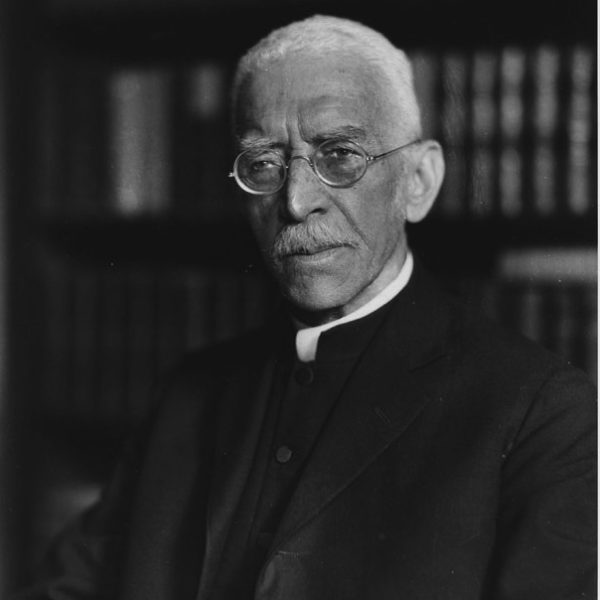
““I cannot believe that the men who occupy the pulpits of this land, assuming that they are men of ordinary intelligence and common sense and that they have, as they ought to have as leaders, some little knowledge, at least, of the Word of God, are without some convictions on the subject (of race prejudice), that they do not know that it is wrong, contrary to every principle of Christianity.”
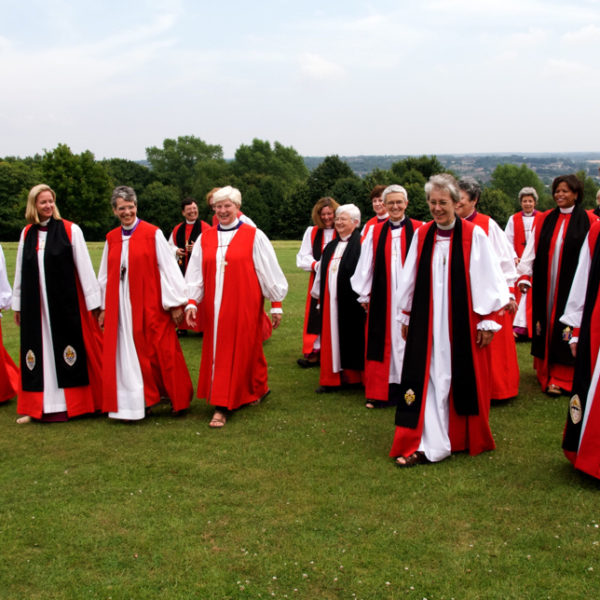
Women Bishops – long overdue vote goes through!
No doubt much will be written about what has just happened at the Church of England’s General Synod meeting this week. The vote in favour of pursuing the legislation which will, in due course and all being well, enable women to be consecrated bishops was passed with 378 in favour, 8 against and 25 abstentions.
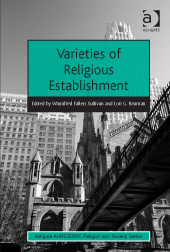
Re-thinking the intersection of law and religion today tends to proceed from a concern for the limits of religious freedom and a critique of the foundational historical, social, and cultural presumptions about religion that are seen to undercut or frustrate the possibility of advancing religious freedom.

In light of the two kingdoms doctrine and the separation of church and state, understanding the appropriate form of Christian prayer for and engagement with the political realities of our societies can be complex. In Jeremiah’s message to an exiled people, we find a pattern for prayer in a pluralistic context, a calling that identifies our primary task to be one of seeking the common good and welfare of our communities, rather than one of submission or conversion.

. . . In other words, disasters such as Typhoon Haiyan confront us with the sobering reality that the deepest, deadliest and most intransigent problems we face today are social problems, not technical problems. We continue to deceive ourselves with the hope that if we can but increase our knowledge of the world, our technical know-how at problem-solving the riddles that nature poses for us, we can defeat death and disease.
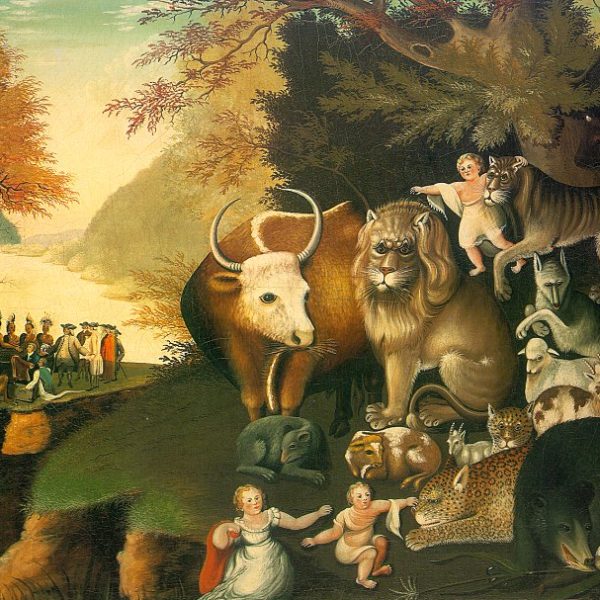
In Isaiah’s prophecy a young child serves as a sign puncturing the gloom of a dark political situation. The use of infants and young children to draw attention to God’s future within the book of Isaiah has significance for our own political visions. In regarding the sign of our children we can accomplish an existential turn from a politics driven by the selfish interests of our own generation to one of responsibility and hope for the well-being of those to come.
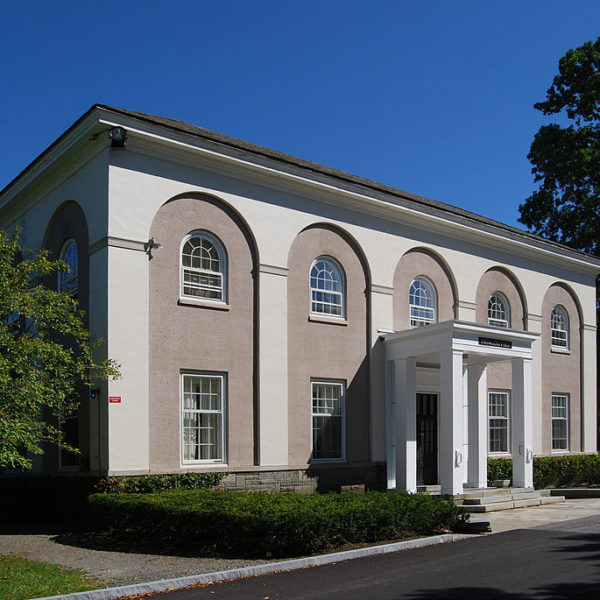
Despite the unending political chatter over global spying, the recent government shutdown, and now the misadventure of the Obama care rollout, I have also been pondering the meaning of something worth more obsessing about. . . . It amounts to the latest variation not of Murphy’s Law (“if something can go wrong, it will”), but what I have called Raschke’s Rule (“if you didn’t think people could be more foolish than they already are, just wait a day or so”).
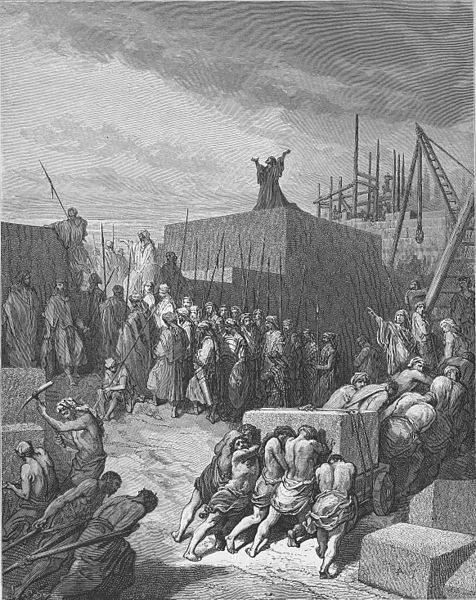
As it was with Haggai, the real test of leadership is not necessarily the capacity to motivate people to action, but rather to keep them fixed on that same goal when it becomes clear that the rhetoric that moved them in the first place bears little resemblance to the actual situation in which they have to act.


